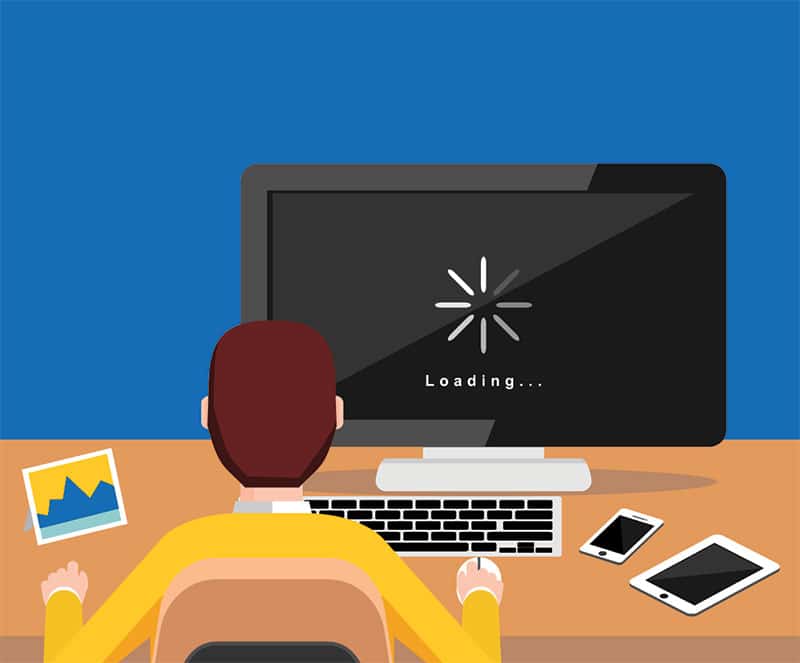Introduction
Do you find yourself staring at your computer computerworld.biz/ screen, waiting impatiently for programs to load or websites to respond? If so, you’re not alone. The frustration of a slow computer is something many of us have experienced, often leading to decreased productivity and increased stress. In this article, we’ll delve into the common causes of a sluggish computer and explore effective solutions to speed it up.
Common Causes of a Slow Computer
1. Hardware Issues
One of the primary reasons for a slow computer is outdated hardware. Components like the processor and hard drive degrade over time, leading to slower performance. Additionally, insufficient RAM can cause your computer to struggle with multitasking, while overheating can result in throttling and decreased performance.
2. Software Problems
Malware and viruses are notorious for slowing down computers, as they consume valuable system resources and can cause system instability. Having too many background processes running simultaneously can also bog down your computer, as can a fragmented hard drive that struggles to access data efficiently.
3. Operating System Issues
Neglecting to install updates and patches can leave your operating system vulnerable to security threats and performance issues. Additionally, registry errors can accumulate over time, cluttering the system and slowing it down.
4. Internet Connection Problems
A slow internet connection can make even the fastest computer feel sluggish. Issues like slow internet speed or network congestion can significantly impact your browsing experience and overall computer performance.
Impact of a Slow Computer
The consequences of a slow computer extend beyond mere inconvenience. Decreased productivity, frustration, and stress are common outcomes, while more severe cases can lead to data loss and system crashes.
Solutions to Speed Up Your Computer
1. Hardware Upgrades
Consider upgrading your hardware to breathe new life into your computer. Adding more RAM, upgrading to a solid-state drive (SSD), and cleaning dust and debris from internal components can significantly improve performance.
2. Software Optimization
Running regular antivirus scans and removing malware can help keep your system clean and efficient. Additionally, uninstalling unnecessary programs and defragmenting your hard drive can optimize performance.
3. Operating System Maintenance
Stay on top of operating system updates and patches to ensure your computer remains secure and performs optimally. Regularly cleaning up the registry can also help eliminate errors and improve speed.
4. Internet Troubleshooting
If your computer’s sluggishness seems to be related to internet browsing, consider troubleshooting your internet connection. Check your internet speed, reset your router, and consider using a wired connection for faster, more stable performance.
Best Practices for Preventing Future Slowdowns
Prevention is key when it comes to maintaining a fast computer. Establishing regular maintenance routines, being cautious with downloads and browsing habits, and investing in quality hardware and software can help prevent future slowdowns and keep your computer running smoothly.
Conclusion
Dealing with a slow computer can be frustrating, but it’s not something you have to live with. By understanding the common causes of slowdowns and implementing effective solutions, you can restore your computer’s performance and reclaim your productivity.





